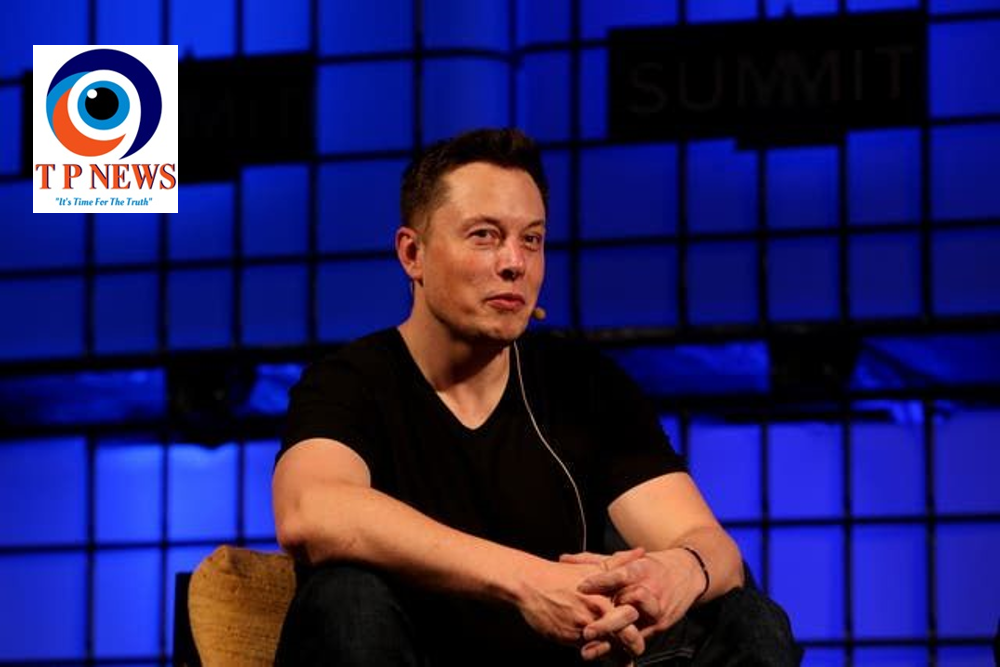Indian Football’s Heartbreak at Asian Games
The 2023 Asian Games brought both hope and heartbreak for Indian football fans. The Indian men’s football team, riding on dreams of glory, reached the round of 16 but faced a formidable adversary in Saudi Arabia. The encounter was marked by the standout performance of Mohammed Khalil Marran, a name that resonated even amidst the disappointment.
A Glimpse of Promise
Against all odds, the Indian squad held their ground, maintaining a goalless draw against Saudi Arabia until the 51st minute. But fate took an unfavorable turn as Saudi Arabia found the net in the 52nd minute, leading to another quick strike that shattered India’s dreams of advancing to the quarter-finals.
Unveiling Mohammed Khalil Marran
Who is Mohammed Khalil Marran? At just 22 years old, he’s a football sensation making waves. Notably, he shares the field at Al Nassr with one of football’s legends, Cristiano Ronaldo. His journey with Al Nassr began in 2019 when he joined the club. After a loan spell at Al Tai FC until 2022, Marran’s prolific attacking abilities earned him recognition.
A Star in the Making
During his tenure at Al Nassr, the young forward has showcased his talents in over 25 games, contributing four goals and one assist to the Saudi Pro-League club. However, Marran isn’t the sole luminary in Al Nassr’s constellation. The club boasts global superstars like Sadio Mane, adding to the excitement in the Saudi football scene.
A Stellar Lineup
Saudi Arabia’s football roster is a star-studded affair, with players like Alghamdi Faisal, who hails from Al Hilal, Neymar Jr.’s former club, and Alnashri Fahad, who shares the spotlight alongside Karim Benzema. This constellation of talent highlights the country’s growing presence on the international football stage.
In Retrospect
While Indian football may have faced a setback at the Asian Games, the emergence of talents like Mohammed Khalil Marran and the global recognition of players in Saudi Arabia are testaments to the ever-evolving and captivating world of football.
A Journey Unfolds
As Marran continues his journey alongside football legends, fans eagerly anticipate the future chapters of his career, filled with promise and potential.












